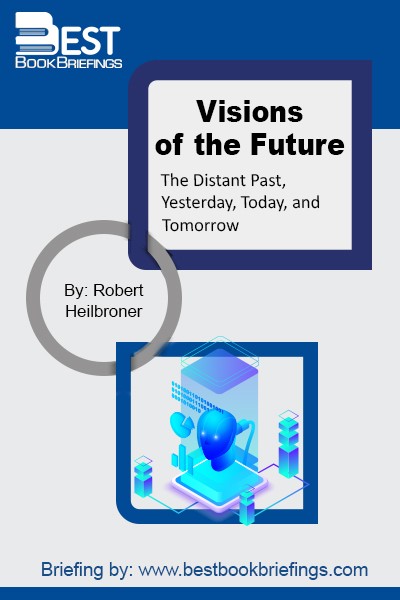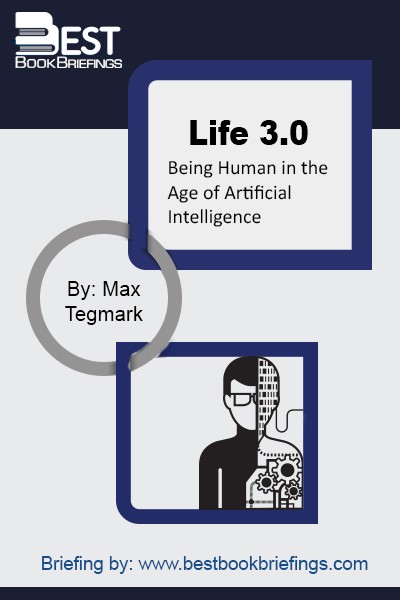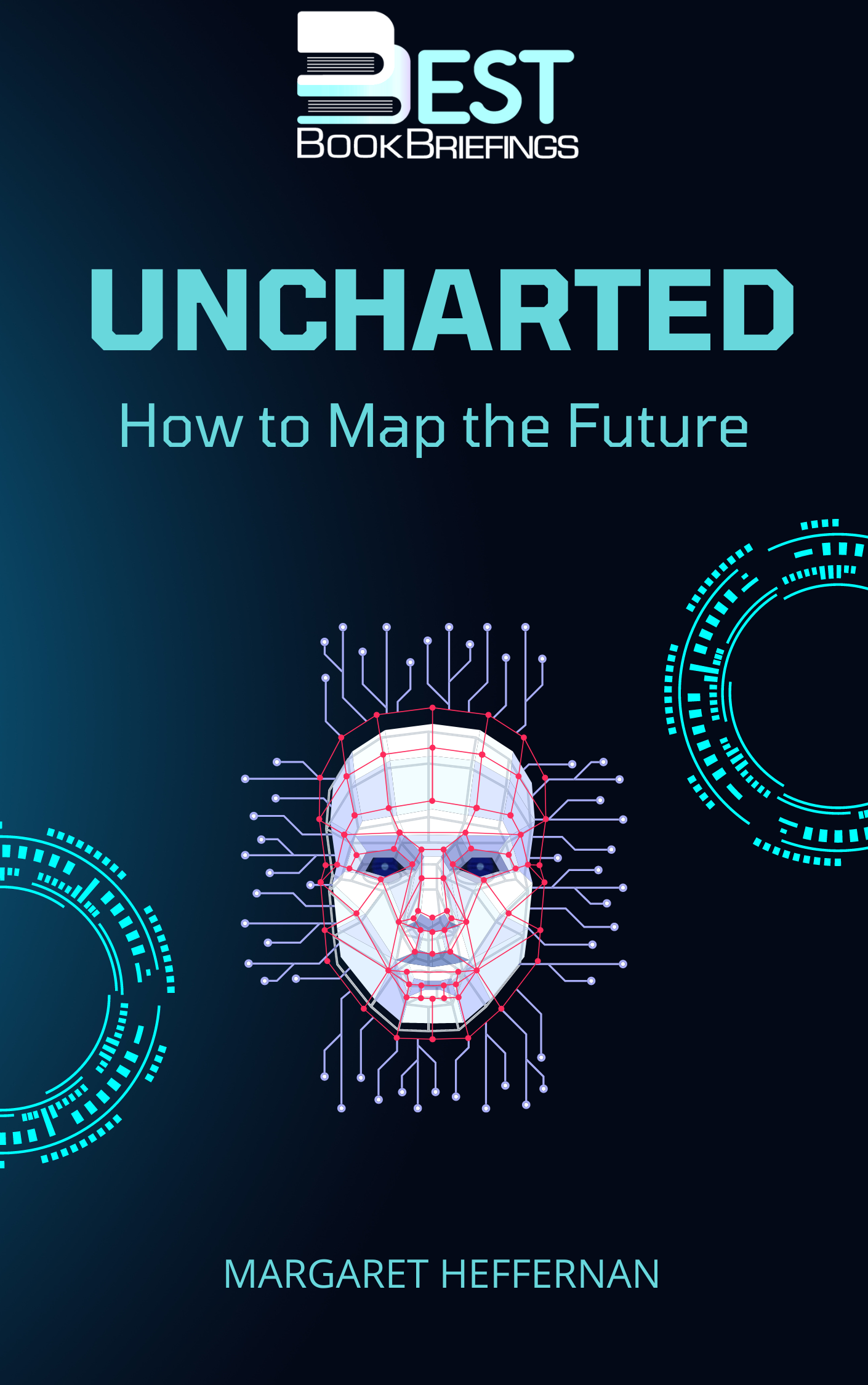Uncharted
How to Map the Future
Editorial Review
We are addicted to prediction, desperate for certainty about the future. But the complexity of modern life won’t provide that; experts in forecasting are reluctant to look more than 400 days out. History doesn’t repeat itself and even genetics won’t tell you everything you want to know. Ineradicable uncertainty is now a fact of life.In complex environments, efficiency is a hazard not a help; being robust is the better, safer option. Drawing on a wide array of people and places, Margaret Heffernan looks at long-term projects developed over generations that could never have been planned the way that they have been run. Experiments, led by individuals and nations, discover new possibilities and options. Radical exercises in forging new futures with wildly diverse participants allow everyone to create outcomes together that none could do alone. Existential crises reveal the vital social component in resilience. Death is certain, but how we approach it impacts the future of those we leave behind. And preparedness – doing everything today that you might need for tomorrow – provides the antidote to passivity and prediction.Ranging freely through history and from business to science, government to friendships, this refreshing book challenges us to resist the false promises of technology and efficiency and instead to mine our own creativity and humanity for the capacity to create the futures we want and can believe in.
Book Reviews
Books on Related Topics

In a brilliant conclusion drawing together the threat of nuclear blackmail, global warming and the growing commodification of life represented by video games, voice mail, and VCRs, Visions of the Future issues a call to face the challenges of the twenty-first century with a new resolve strengthened by the inspiration of

Jaron Lanier is the father of virtual reality and one of the world’s most brilliant thinkers. Who Owns the Future? is his visionary reckoning with the most urgent economic and social trend of our age: the poisonous concentration of money and power in our digital networks.

What does the future hold for the human race? It’s inevitable that the progress of AI technology will impact every area of our lives, whether it’s healthcare, finance, or politics. In Max Tegmark’s thoughts-provoking book, he unravels a lot of these possibilities and refers to several researches that can give us



